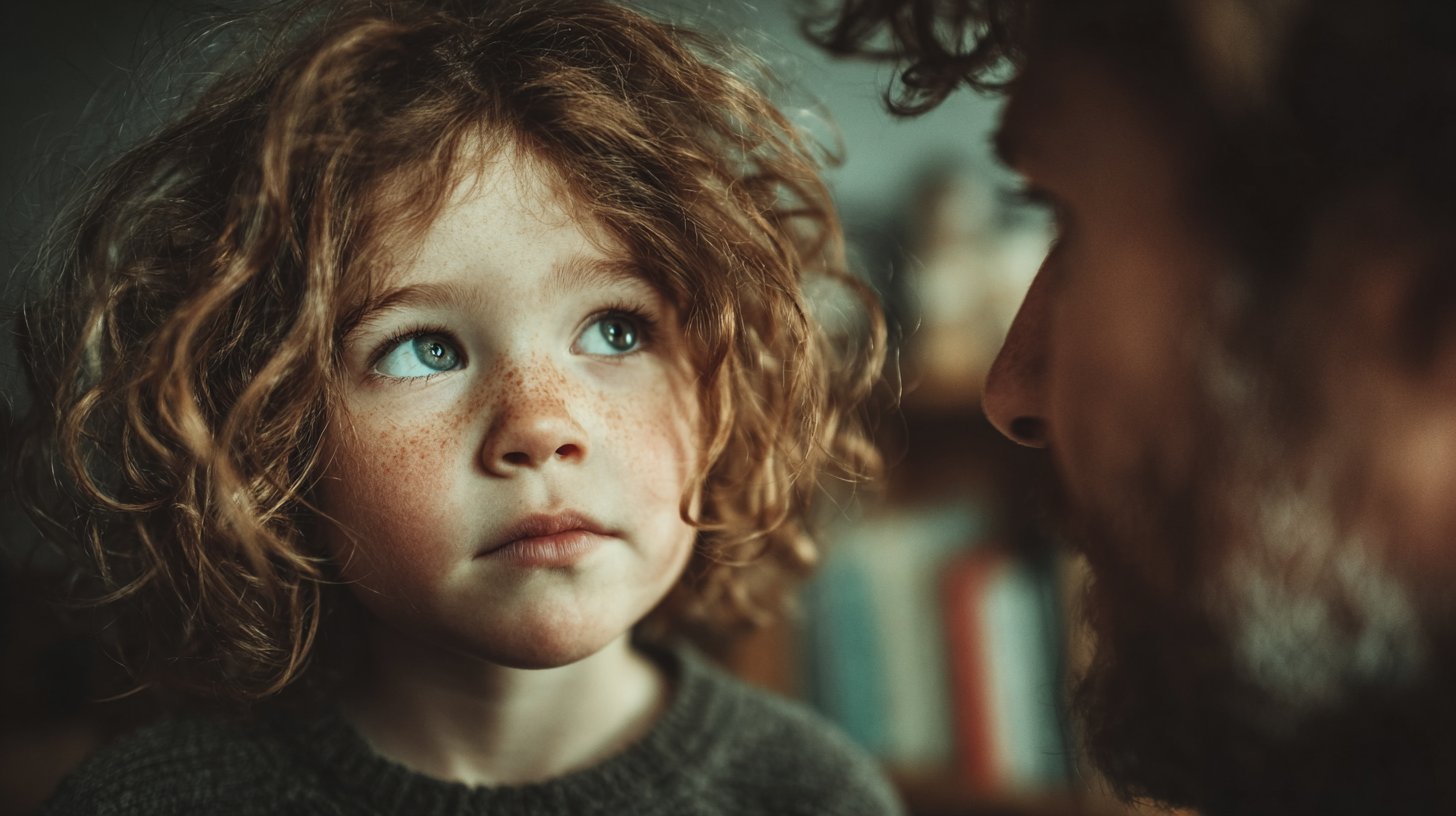Parents: How Unconscious Habits Ruin Their Children

Parenting is one of the most challenging, yet rewarding journeys you can embark on in life. However, often unconscious, toxic habits creep in that can harm your children. It is important to recognize these habits before it's too late. In this article, you will learn about behaviors you may be unconsciously exhibiting and how to change them to promote the well-being of your children.
Toxic habits are behaviors or patterns that, although well-intentioned, often have the opposite effect. Parents want to protect and nurture their children, but they need to consciously reflect on their own parenting methods. Here are some of the most common toxic habits you may unknowingly adopt.
Excessive Control
One of the most common toxic habits is the urge to exert excessive control over the child's life. You may want to ensure they make the best decisions, but too much control can lead to a lack of self-confidence. Children need to learn to make their own decisions and to make mistakes as well. If you constantly decide on their behalf, you deprive them of valuable experiences and the chance to develop independence. It is important to find a middle ground where you give them enough space to grow and learn.

Comparison with Others
Another toxic behavior is comparing your child to other children. While it may be well-intentioned to motivate them to improve, this comparison can severely impact your child's self-esteem. Instead of emphasizing the strengths of others, you should celebrate your child's individual talents and achievements. Every person is unique, and children need to learn to believe in themselves and not constantly measure themselves against others.

Emotional Distance
Emotional distance is one of the most harmful habits that parents can unconsciously adopt. If you are unable to express your emotions or validate your child's emotions, it can lead to feelings of isolation. Children need space to express their feelings and to understand that it's okay to be vulnerable. Make sure to listen without bias and respond with empathy. This fosters a deep sense of trust between you and your child.

It is crucial to recognize these toxic habits and work towards developing positive behaviors. Implementing these changes can be a challenge, but it also requires practice and patience. The goal should be to create a supportive and loving environment where children feel safe and can thrive.
Reflection is a vital component of any growth. When you recognize these habits in your own behavioral patterns, the next step is to actively work on your parenting. Take time to review your own reactions and behaviors, and consider how they might influence your children's perceptions and behavior.
Let your child explore the world and gain their own experiences. Encourage them to make difficult decisions and provide support, rather than control. In this way, they learn to find their own voice and build self-confidence.
Overall, toxic habits in parenting can have detrimental effects on your child's development. By working on these behaviors and finding positive alternatives, you contribute to creating a kind, supportive, and accepting atmosphere for your child. By reflecting on yourself and working on your parenting, you give your child the best chances to grow up confident and happy.
Remember, it is never too late to make changes. Every day offers the opportunity to grow and learn as a parent. Awareness is the first step in the right direction, so start today by working on yourself and providing your child with the support they need to be successful.


